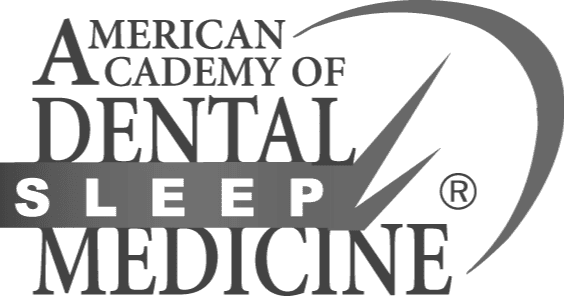TOP 9 QUESTIONS ASKED ABOUT BLEEDING GUMS
1. What is the cause of bleeding gums?
Bleeding gums are mainly caused by a buildup of plaque near the gum line. This buildup can lead to gingivitis which is the inflammation of the gums. If bleeding gums are not properly taken care of, then the plaque will harden into tartar. The formation of tartar can lead to increased bleeding and periodontitis disease.
2. When should I be concerned about bleeding gums?
You should be concerned about bleeding gums if it continues to worsen. If the bleeding continues even after maintaining good oral hygiene, then it is best to see your dentist. This will allow your dentist to treat any early stages of gum disease or periodontal disease before your gums’ conditions become severe.
3. How can I treat bleeding gums at home?
You can treat bleeding gums at home by using a warm salt water rinse. This will help with keeping bacteria away and stop the bleeding. You can also try using a cold compress to help alleviate the pain and tenderness of your gums.
4. How can I avoid bleeding gums and pain when flossing?
You can avoid bleeding gums and pain when flossing by making sure to floss regularly and staying mindful about oral hygiene. If you maintain a daily schedule to brush and floss two times in a day, then you are less likely to experience bleeding gums. The best way to avoid the pain is to prevent it from happening in the first place.
5. How can bleeding gums be prevented?
Bleeding gums can be prevented by taking proper care of your gums and mouth. This includes brushing two times a day as well as flossing after every meal. Using mouthwash daily will also prevent bacteria from settling into your gums. In other words, if you maintain good oral hygiene, you can prevent gum disease from occuring.
6. How long do bleeding gums take to heal?
If you properly treat your bleeding gums at home, the bleeding should stop anywhere between 3-10 days. It is important to make sure you regularly floss to help heal your gums.
7. Should you keep brushing bleeding gums?
Yes, you should keep brushing even if your gums are bleeding. Additionally, you should focus on properly brushing the area where the bleeding is originating from. This will help clean the plaque buildup in that specific area and hopefully stop the bleeding.
8. Are bleeding gums an emergency?
Bleeding gums are considered as an emergency if they continue to bleed for a long duration. If the bleeding does not stop within a few days, you should visit your dentist for an emergency examination. The dentist will be able to conclude what is causing the bleeding gums as well as provide the necessary treatment.
9. Can bleeding gums be treated non-surgically?
Yes, there are many non-surgical treatments for bleeding gums. This can include proper cleaning like scalings or deep cleanings to remove the plaque buildup near the gum line. Non-surgical therapy can also help with the removal of plaque. If the gum disease development is caught early, then it is easier to treat. Whereas, if the disease is more developed and severe, then surgical measures need to be taken to efficiently treat the affected area.






